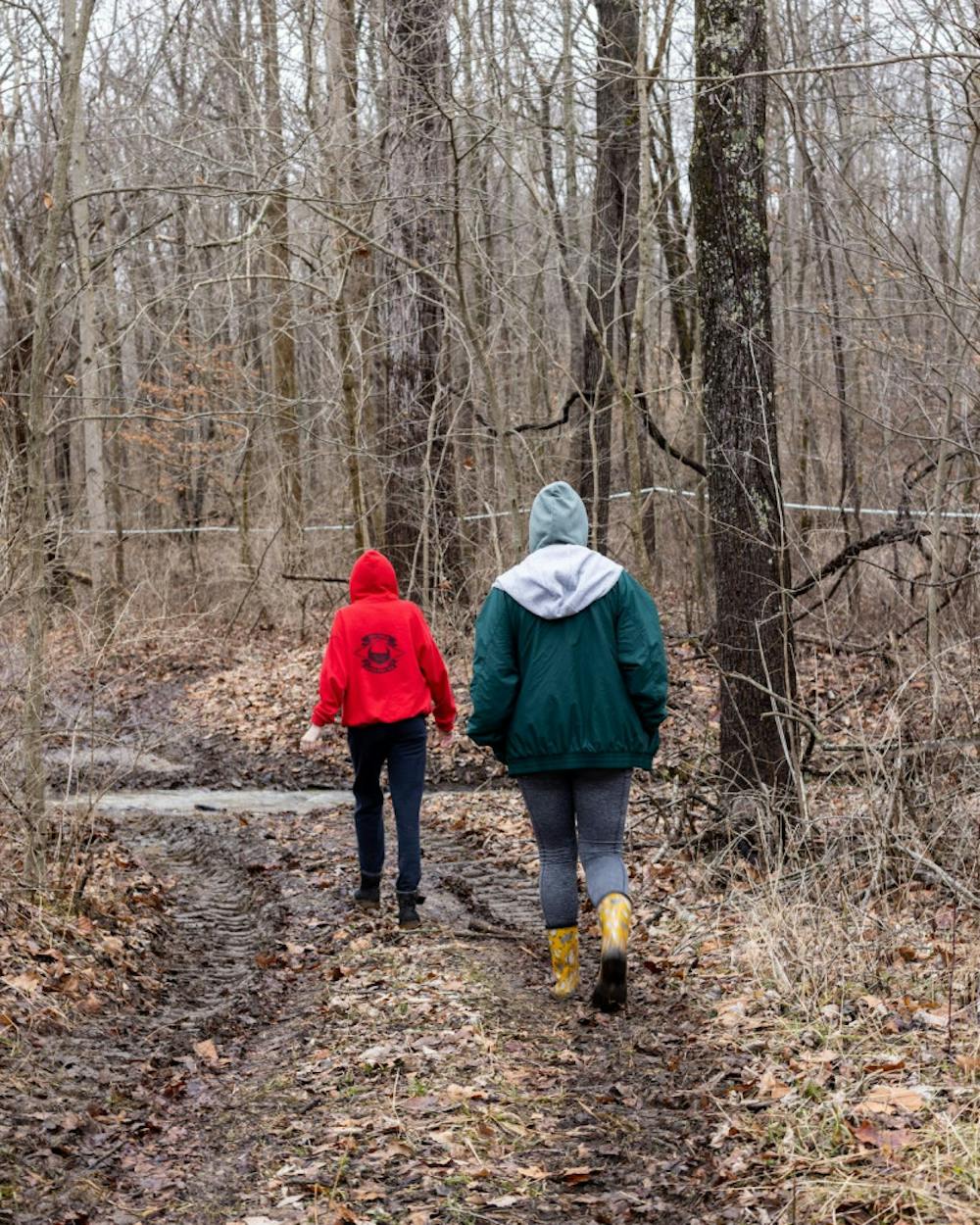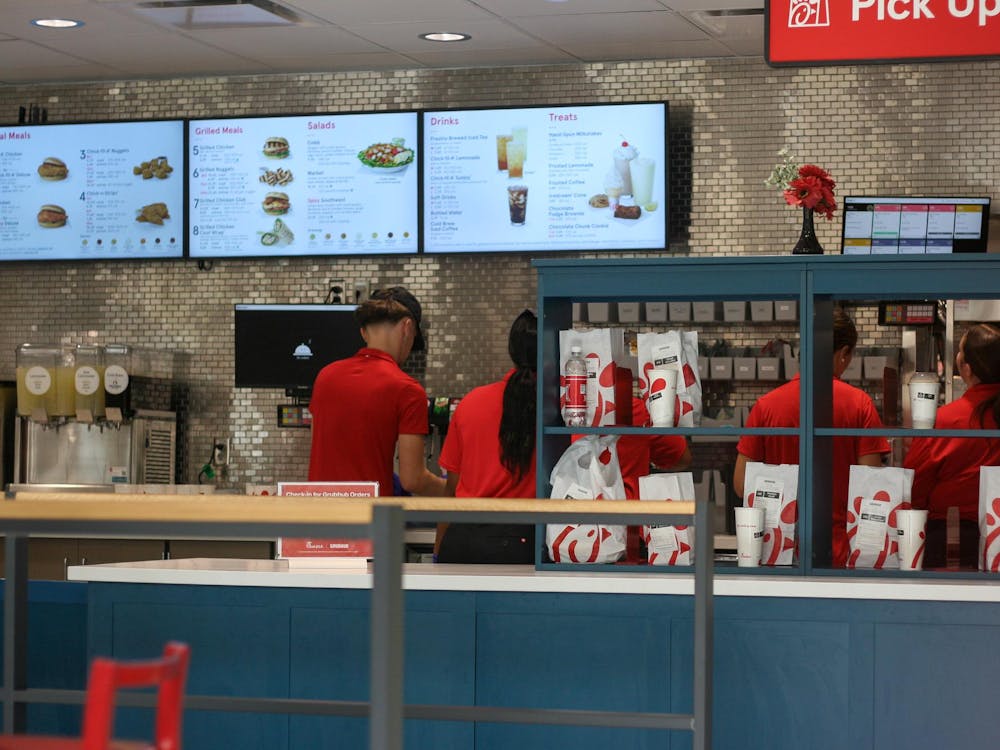By: Gia Mariani
This past week my Childhood Environmental Education class took a field trip to Maplewood Farms. This maple syrup farm is located in Brownsville, Indiana, which is about a 45 minute drive from Oxford. The owner, Kevin, took our group around the farm showing us the tap lines and cooking barn. Now you might be thinking, maple syrup being made in Indiana? In fact, Indiana was the top maple syrup producing state at the beginning of the 1900s. People like Kevin are trying to bring Indiana back as a top producing state. He explained that many farmers have maple trees on their property that could be tapped for sap, but are currently just sitting or will be used for lumber, at least for now.
Maple trees need to be around 40 years old before they can be tapped. Due to this, attempting to start a syrup farm somewhere that does not have preexisting maple trees is not feasible in one person’s lifetime. Once matured, they can be tapped for the rest of their lives, simply in a different location on the trunk each year to maintain overall tree health. Kevin has about 2000 maple trees currently tapped, mostly sugar maples, but said that other trees such as pine, birch, and black walnut can be tapped for sap as well. For trees to keep producing sap the temperature needs to drop below freezing at night. If the temperature is too warm the trees will stop sap production and start to bud. An average collection season is anywhere from 4 to 8 weeks. For Kevin’s farm he spends about 20 days in a year boiling this sap after its collection. The sap needs to be boiled soon after collection or it can ferment. Upon collection, sap is only around 2% sugar. On local farms like Kevin’s, post boiling, the sugar content of the sap rises to 7-12%. Other maple syrup businesses are trying new processes that raise their sugar level to about 67%.
It was interesting to learn about maple syrup production as that is something I never thought was produced in the Midwest. It’s also neat to explore and support a local business. My favorite thing about maple syrup production is how sustainable it is. On Kevin’s farm, no pesticides are used and the trees are all together forming a large forest that has small tubes running through it. Wildlife and other plants are not removed or kept out and trees are used for their whole lifetimes with rules in place about where to tap on trees to avoid detrimental levels of damage. In Kevin’s case he runs all of his heating equipment with logs cut from his own farm. Generators are used to help suction the sap out of the trees, but many farms are switching to solar or hydroelectric generators. I personally purchased maple sugar, cream, and syrup from Maplewood Farms and everything tasted sweet and natural! If you're interested in some of Maplewood Farms’ products, they can be found on their website https://indymaplesyrup.com/shop/, or at Indiana farmers markets, listed on their website.




